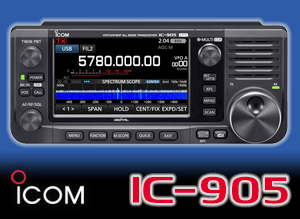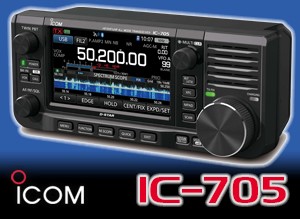4. Before the Contest
Having chosen your contest, it may sound obvious, but the first step is to read the rules applicable to that event. Each contest has its own rules: they are not complicated (and not intended to “trip you up”) but are essential to ensure that the contest is conducted in an orderly fashion and to minimise the impact on other users of the bands who may wish to operate at the same time. The rules for each contest can be found by clicking on the contest name in the “Contest Calendar”
The important things to look for are:
4.1 The date and time
Make sure that:
• you are aware of the local start time. All RSGB contests are run on UTC (GMT) which of course differs from clock time for half of the year.
• your logging programme records the right date and time (in UTC).
4.2 The different power sections
You have to decide what maximum output power you will be using during the contest, remaining within your licence conditions at all times. All contests are segmented by power levels to allow you to compete with others running similar power. Of course, power output is not the only determinant of success and, particularly in data modes and CW, 10 watts of RF is often more than enough to make a good score.
4.3 The portion of the band(s) allocated to the contest
QSOs made outside of the allotted frequencies may be disallowed, so don’t waste time by calling stations which appear outside of the band edges.
In some CW contests, a portion of the band is allotted to those who wish to send and receive morse at a slower speed than normal so please do not be deterred from entering if you are still developing your morse skills.
Also, pay heed to the RSGB Band plan to make yourself aware of frequencies that are likely to compete with non-contest users. For example, the frequency band used in the 80m Club Championship SSB contest is 3.600 MHz to 3.775 MHz. However, within this, 3.735 MHz is designated in the band plan as the “Image mode centre of activity”.
4.4 The deadline for submitting your entry
The RSGB short 80m contests require all logs to be submitted by 23.59.59 on the day after the event. Other contests have longer deadlines.










